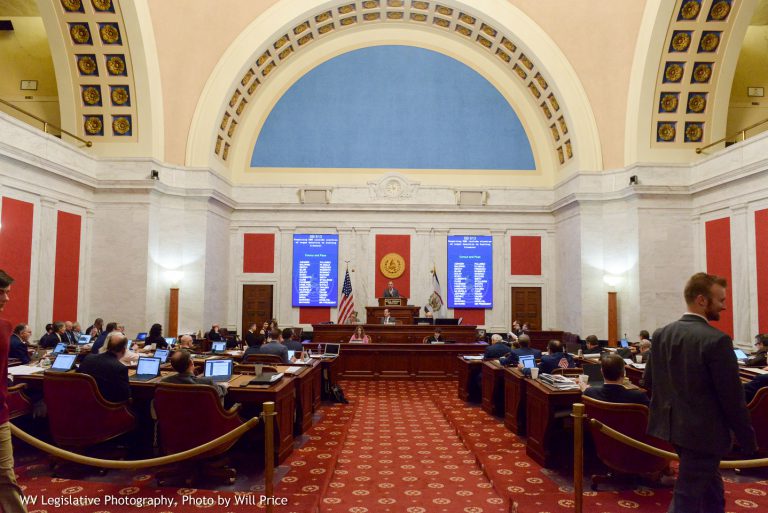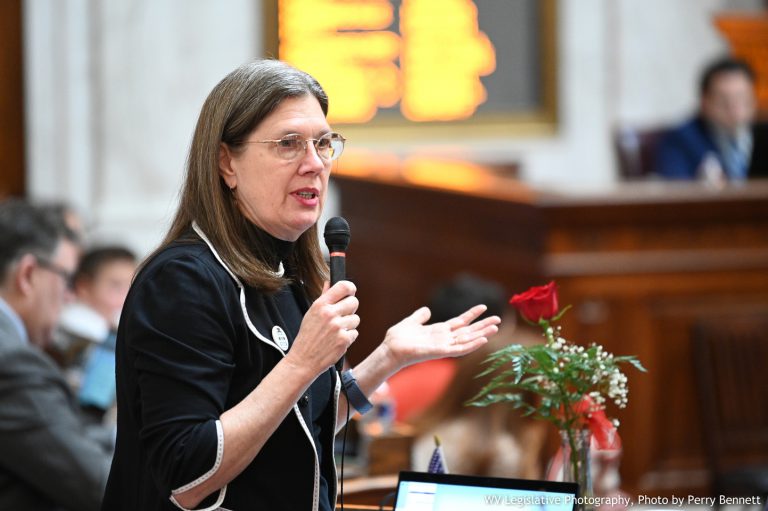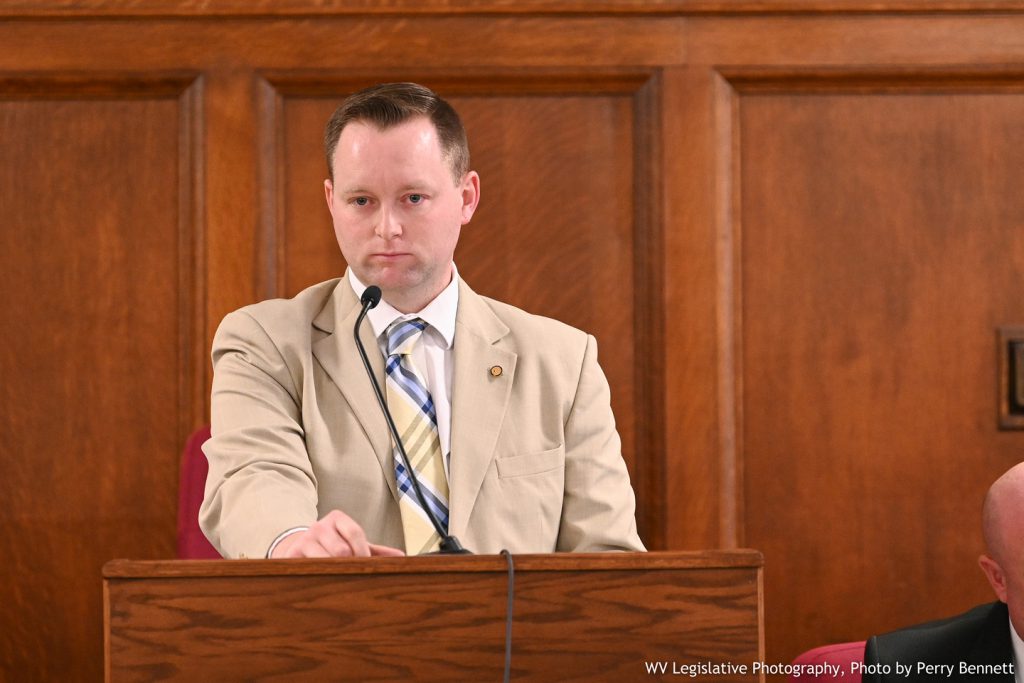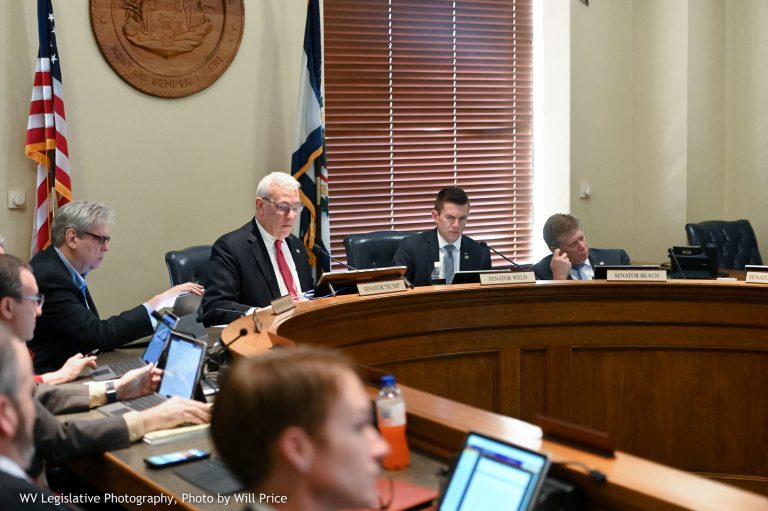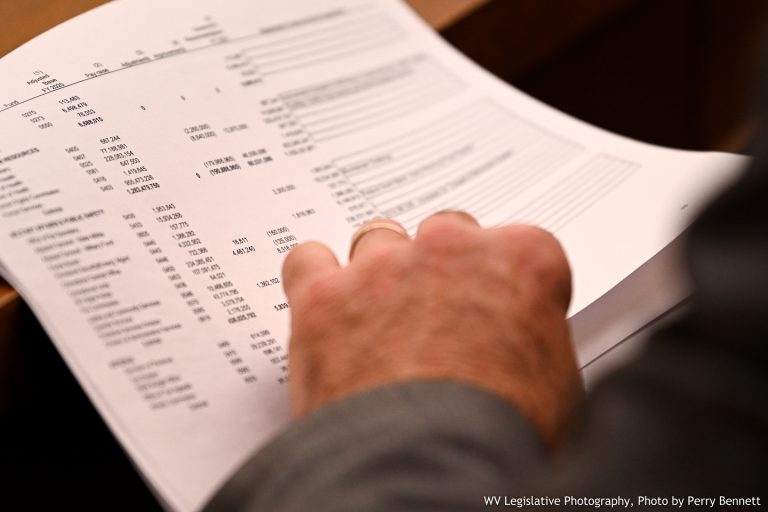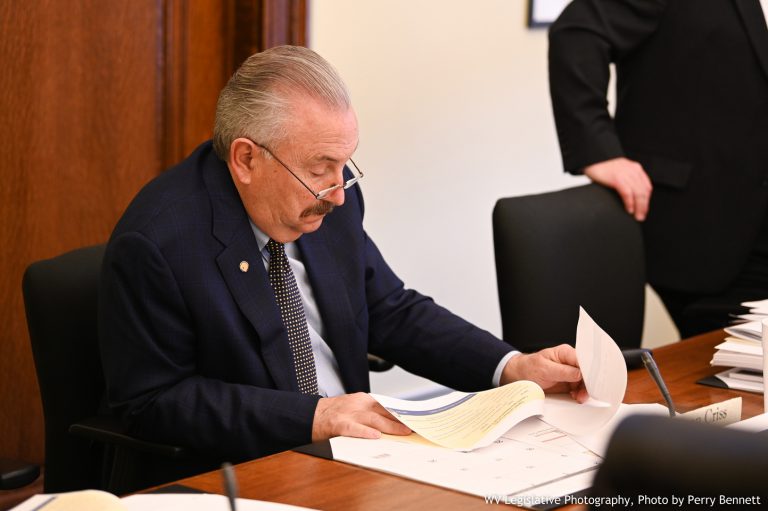As of Friday, February 21, 2020, 842 bills have been introduced to the Senate. Of those bills, 153 have passed and advanced to the House.
SB 130 revises procedures for suspensions and revocations of driver’s licenses for driving under the influence. The bill provides that those who have had their driver’s licenses revoked upon conviction of this offense are to complete a comprehensive safety and treatment program before the license can be reinstated.
SB 253 provides for the fair pay and employment of disabled persons, creates a state “Employment First” policy to encourage agencies to employ disabled persons, and establish a task force to initiate these policies. The bill provides for the DHHR Bureau of Behavioral Health, Bureau of Medical Services, Division of Rehabilitation Services, and Workforce WV to put the policy into practice.
SB 265 establishes a program to reclaim abandoned and dilapidated buildings in the state to improve our communities and open new parcels for development. This program, designated the Reclamation of Abandoned and Dilapidated Properties Program will provide WV counties with a new tool to invite investment in our communities.
SB 279 requires dental insurance plans to honor an assignment of payments due under the policy to individuals who sign the agreement.
SB 291 requires PEIA and other health insurance providers to provide mental health parity. This would be divided between mental health, behavioral health, substance abuse disorders and medical procedures.
SB 484 requires that free feminine hygiene products be given to female prisoners, as well as female juveniles in juvenile detention centers.
SB 490 addresses criminal offenses against agricultural facilities. The purpose of the bill is to protect these facilities by establishing that damaging, destroying, or depriving the operator of a facility of their property is a criminal offense. The bill males a person who commits such an offense liable for twice the amount of the damages they cause.
SB 502 increases the penalty for methamphetamine trafficking. The bill defines the different terms and degrees of this felony and provides a description of how the penalty should be implemented.
SB 562 clarifies expungement of certain criminal convictions. The bill also eliminates the requirement that the chief law enforcement officer or head of a law-enforcement agency is sought where such an agency was not the arresting agency. The bill also clarifies that the Commissioner of Corrections is served with a copy of the petition for expungement if the petitioner was confined for a crime they seek to have expunged.
SB 610 removes the resident manager requirement for the Alcohol Beverage Control Commission. The bill also removes the residency requirement for granting permits under the Medical Cannabis Act. The WV Lottery is also to remove residency and United States citizenship requirements from its statutes.
SB 649 permits the director of a county or municipality emergency phone system to create contracts for emergency mobile phones if landlines are unavailable.
SB 660 regulates electronic bicycles by providing for their exclusion from registration, title, insurance and driver’s license requirements. The bill prohibits the influence of alcohol and drugs on these bicycles and requires the wearing of a helmet.
SB 692 clarifies that persons indicted or charged jointly for a felony is entitled to a separate trial to address the guilt or innocence of the offense or offenses.
SB 702 allows a school district to develop programs including but not limited to an optional physical fitness program to teach nutrition and physical fitness. The bill also creates a fund from which money can be awarded on a competitive basis to qualifying school districts.
SB 725 is a supplemental appropriation bill amends and increases items of appropriations to the Department of Education for the 2020 fiscal year.
SB 746 provides contracted managed care companies with the uniform maternal screening tool for their own covered lives. The data collected by the tool will remain confidential with these contracted managed care companies.
SB 747 requires the Bureau of Public Health to develop a Diabetes Action Plan. This plan would include convening a task force, conducting data, drafting a plan for prevention, disease management and treatment and tracking relevant statistics regarding diabetes.
SB 778 creates a supplemental appropriation of expired funds from the State Excess Lottery Revenue Fund to various accounts in the Department of Health and Human Resources.
SB 779 transfers funds from the State Excess Lottery Revenue Fund to the Department of Veterans Assistance.


